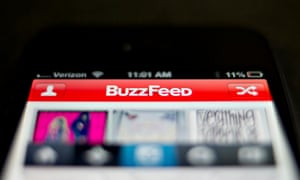- examples
- Terrorist attacks in France
- London riots
- Baltimore riots
- theory (audience reception etc)
- benefits to institutions
- This makes their news articles more credible if they didn't have coverage but it was submitted online
- it saves the institutions some money
- they wouldn't need to hire as many staff
- benefits to audience
This gives the audience a more real and authentic coverage of the particular news story or event which makes it more meaningful.
- wider issues and debates
- The UGC could be hoaxed as it could be very unreliable
- News institutions may not be showing the full video
This term is basically means that the general public are the generators and the creators of news and new and digital media has allowed this to happen.
2) What was one of the first examples of news being generated by ‘ordinary people’?
One of the first examples of this could have been with the 9/11 attacks as a lot of the footage recorded was shot by regular civilians, also, it could have been the 1991 video recording of Rodney King getting attacked by police which later led on to causing the LA riots.
3) List some of the formats for participation that are now offered by news organisations.
There have been several ways in which news formats can involve audiences. such as user generated content or comments about a particular article or story.
What is one of the main differences between professionally shot footage and that taken first-hand (UGC)?
The main barrier between professional footage and first hand footage is the quality of the image, this is one of the most important factors for news audiences.
5) What is a gatekeeper?
A gatekeeper is the process when the information received by the news is filtered for dissemination for publication, broadcasting or the internet.
6) How has the role of a gatekeeper changed?
This role has become less relevant because of the power of the internet and how there is less restrictions set on things.In addition, The internet provides audiences with a whole new wider variety of news. Therefore, audiences can access what they want rather than being fed
7) What is one of the primary concerns held by journalists over the rise of UGC?
Their primary concerns are that their will be less regulations on what can be posted and it would lead to the institution they work for going out of business which will resullt in the journalist job role becoming extinct



